List Of 10 Dogs That Are The Most Difficult To Housebreak
1. Bulldog
Bulldogs, with their distinctive wrinkled faces and stocky bodies, are beloved for their gentle and affectionate nature. However, when it comes to housebreaking, they can present some challenges. Bulldogs are known for their stubbornness and determination, which can make them resistant to following a strict potty training routine. They have a laid-back personality and may not always respond quickly to commands. Patience and consistency are key when housebreaking a Bulldog.
Their short snouts can also make them prone to breathing difficulties, especially in hot weather, which can affect their ability to go outside for potty breaks. Due to these challenges, crate training and a well-defined routine are essential when housebreaking a Bulldog. Positive reinforcement methods, such as treats and praise, can motivate them to cooperate during the training process. With patience and dedication, Bulldogs can eventually become reliable and loving family pets.
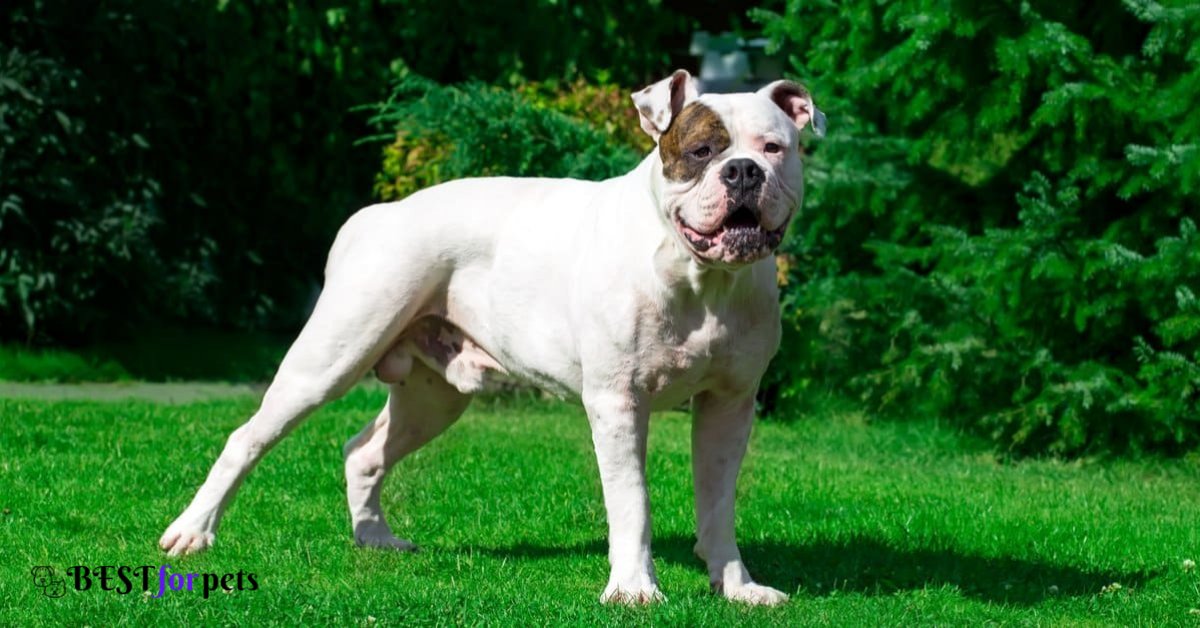
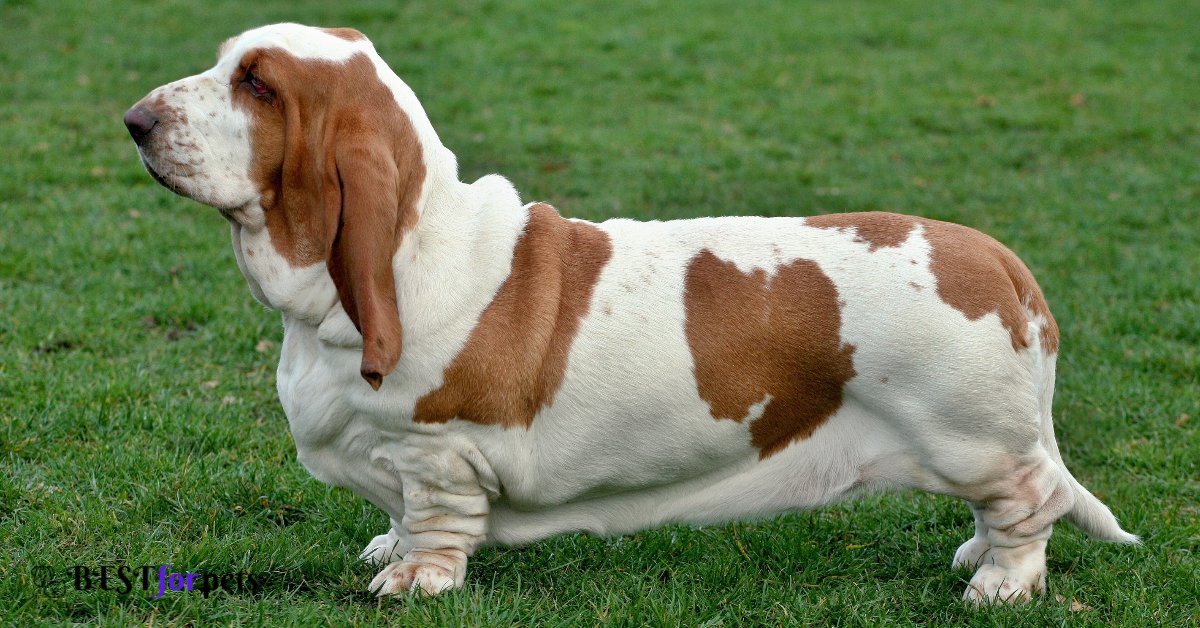
2. Basset Hound
Basset Hounds are known for their droopy ears, soulful eyes, and long, low bodies. These hounds are incredibly affectionate and good-natured, but they have a reputation for being a bit challenging when it comes to housebreaking. One reason is their strong scenting ability; they tend to follow their noses, which can lead them to forget about potty training.
Their laid-back, easygoing nature can also make them less motivated to adhere to a strict training routine. It’s essential to establish a consistent schedule for potty breaks and use positive reinforcement, such as treats and praise, to encourage good behavior. Patience is crucial when training a Basset Hound, and owners should be prepared for occasional accidents during the learning process.
3. Basenji
Basenjis are often referred to as the “barkless dogs” due to their unique vocalizations. These small to medium-sized dogs are highly intelligent and independent, which can make them challenging to housebreak. Their independent nature means they might not always be eager to follow your housebreaking rules.
Additionally, Basenjis are known for their problem-solving skills, which can lead them to find creative ways to avoid the training process. They may require extra patience and consistency during housebreaking. Establishing a routine, offering rewards, and providing mental stimulation through interactive toys and games can help make the housebreaking process smoother for Basenjis.
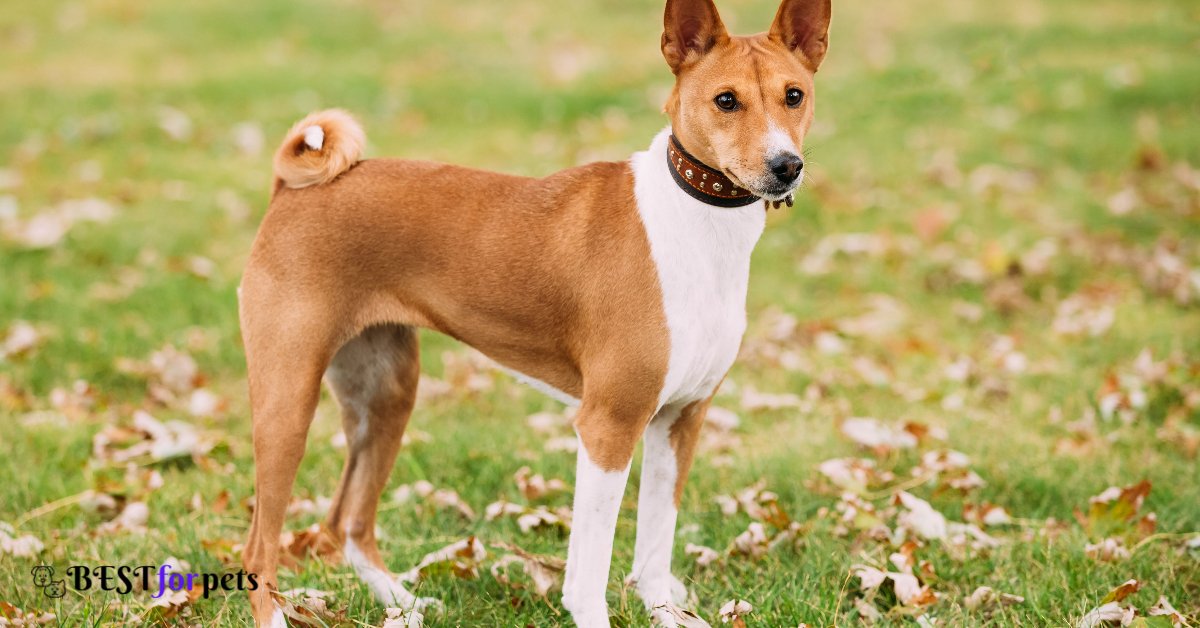
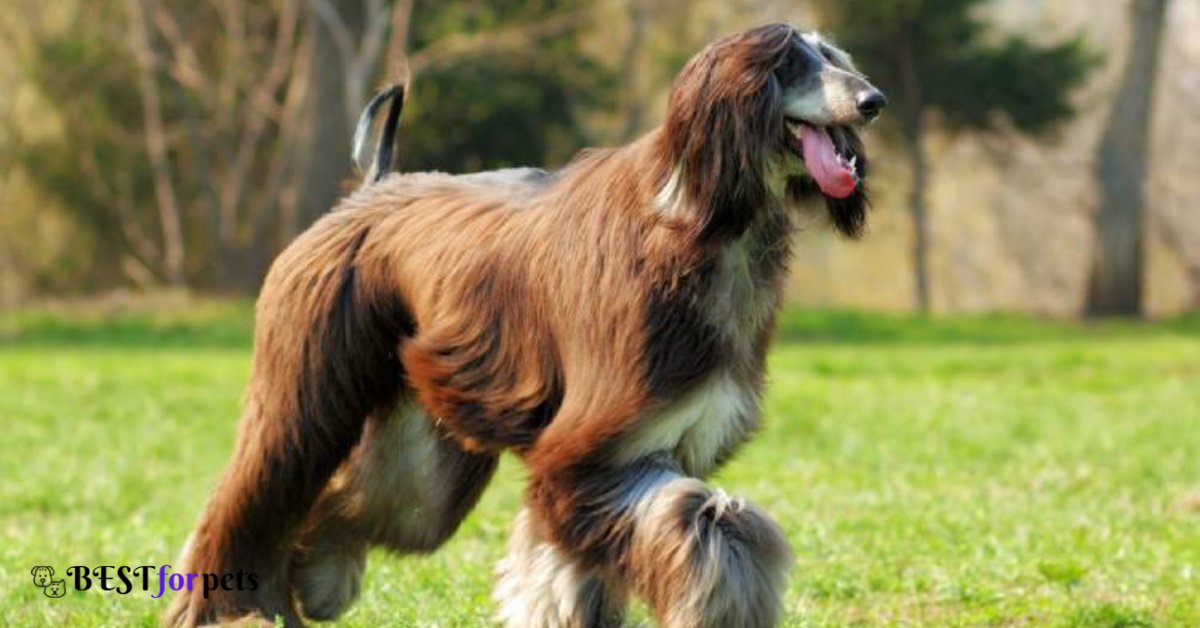
4. Afghan Hound
Afghan Hounds are known for their elegance and dignified appearance. They have a calm and aloof demeanor, which can sometimes translate into resistance to training, including housebreaking. These dogs have an independent streak and may not always see the point of following housebreaking rules.
Their regal nature can make them less responsive to traditional training methods, and they might require a more tailored approach. It’s essential to be patient, gentle, and consistent when housebreaking an Afghan Hound.
Providing mental stimulation through puzzle toys and engaging activities can help keep their interest and make the training process more successful. Despite the challenges, Afghan Hounds are known for their loyalty and can become well-behaved companions with the right training and care.
5. Dachshund
Dachshunds, often affectionately referred to as “wiener dogs” due to their elongated bodies, are a unique and charming breed. While they are known for their courage and tenacity, they can be a bit challenging when it comes to housebreaking. This challenge is often due to their independent nature and strong-willed personality.
Their small stature can sometimes lead to accidents indoors, especially if not closely supervised. Dachshunds also have a predisposition to digging, a behavior rooted in their history as burrow hunters. This instinct can sometimes make it more challenging to keep them focused on housebreaking.
Despite these challenges, Dachshunds are incredibly loyal and loving companions. Housebreaking may take a bit more patience and consistency, but with proper training and a well-established routine, they can become reliable in their potty habits. Positive reinforcement, such as treats and praise, can be particularly effective in motivating Dachshunds during the housebreaking process.


6. Shiba Inu
Shiba Inus, with their striking appearance and fox-like faces, are known for their independence and strong-willed personalities. While they make fantastic companions, their independent nature can make them somewhat challenging to housebreak.
Shiba Inus are often compared to cats due to their aloofness and tendency to do things on their own terms. This independent streak can translate into resistance to following strict housebreaking routines. Shiba Inus are also known for their strong prey drive, which means they might be easily distracted when outside, potentially leading to accidents indoors.
To successfully housebreak a Shiba Inu, it’s crucial to establish a consistent routine and use positive reinforcement methods. These dogs respond well to rewards and praise when they exhibit the desired behavior. Patience, persistence, and a strong sense of consistency are key to successfully training a Shiba Inu.
7. Chow Chow
Chow Chows are known for their distinctive lion-like mane and regal appearance. They are fiercely loyal and protective of their families, but they can be territorial, which may lead to marking behavior indoors if not properly trained.
Housebreaking a Chow Chow can be challenging due to their independent nature and strong will. They tend to be more reserved and aloof with strangers, which can sometimes make socialization and potty training a bit more complex.
To housebreak a Chow Chow successfully, it’s important to establish yourself as the pack leader and provide consistent, positive reinforcement training. Early socialization is crucial to help them become well-adjusted and comfortable in various situations. Like many other breeds, Chow Chows respond well to a structured routine and rewards for good behavior. With the right approach, Chow Chows can become well-behaved and loyal family members while overcoming housebreaking challenges.
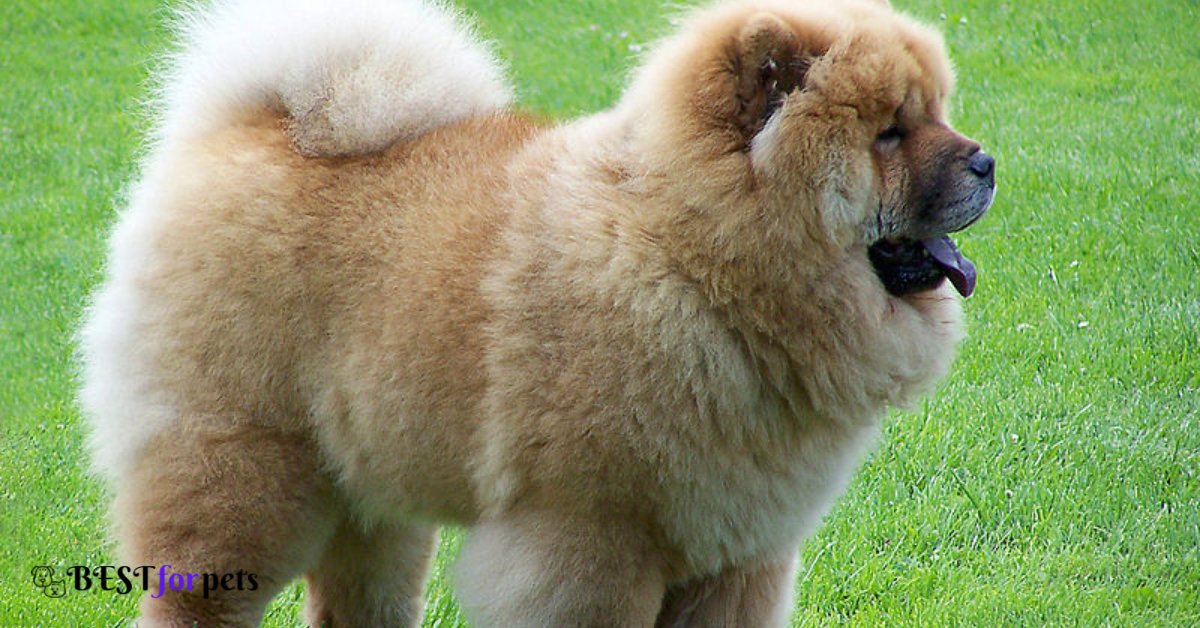
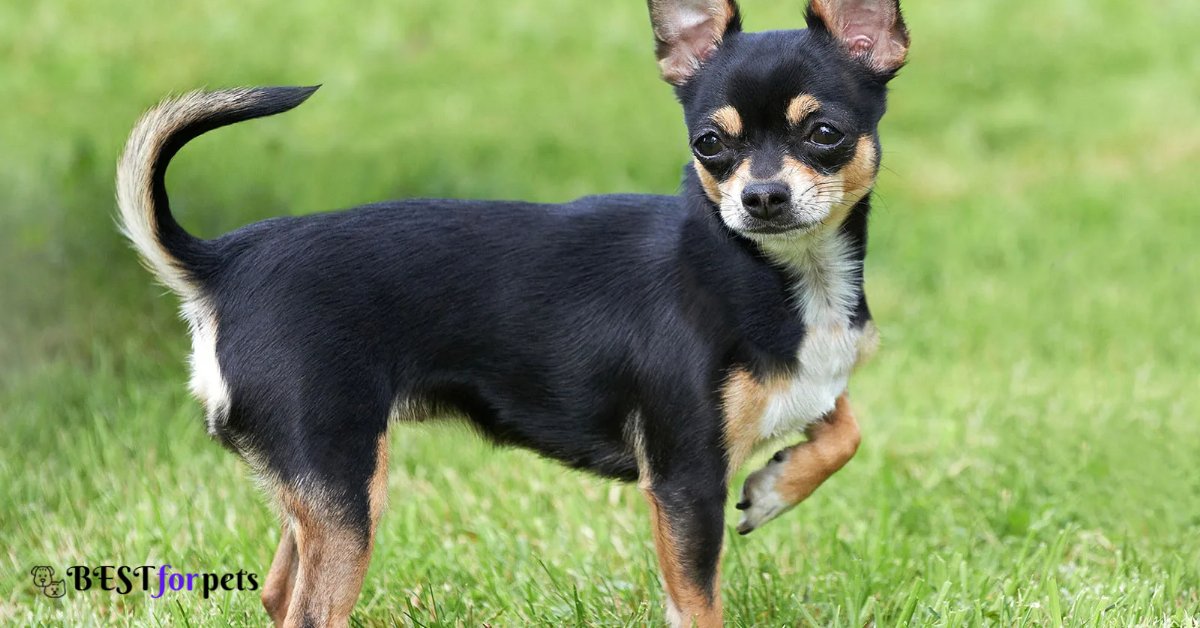
8. Chihuahua
Chihuahuas, often touted as the smallest dog breed in the world, pack a mighty personality into their tiny frames. These little dogs are known for their big attitudes and can sometimes present housebreaking challenges. Due to their size, some Chihuahua owners may be tempted to use indoor potty options, making outdoor housebreaking more challenging.
Chihuahuas can be stubborn and headstrong, which can make them resistant to following a strict potty training routine. Additionally, their strong attachment to their owners may lead to separation anxiety and potential accidents when left alone.
Successful housebreaking of a Chihuahua requires patience, consistency, and positive reinforcement methods. Establishing a regular schedule for outdoor potty breaks and offering rewards for proper elimination can motivate these tiny dogs to cooperate during the training process. With proper training and socialization, Chihuahuas can become well-behaved and affectionate companions despite their initial housebreaking challenges.
9. Jack Russell Terrier
Jack Russell Terriers are known for their boundless energy, intelligence, and tenacity. While these traits make them excellent working dogs, they can also pose housebreaking challenges. Jack Russells are highly active and may become impatient during the training process, leading to accidents.
Their intelligence can sometimes work against them, as they may find creative ways to avoid following housebreaking rules. The key to successfully housebreaking a Jack Russell Terrier is to channel their energy into productive activities and establish a consistent routine.
Positive reinforcement is essential when training a Jack Russell. Use treats and praise to reward them for proper elimination outdoors. Regular exercise is also crucial to help them expend their energy and reduce the likelihood of indoor accidents due to restlessness.
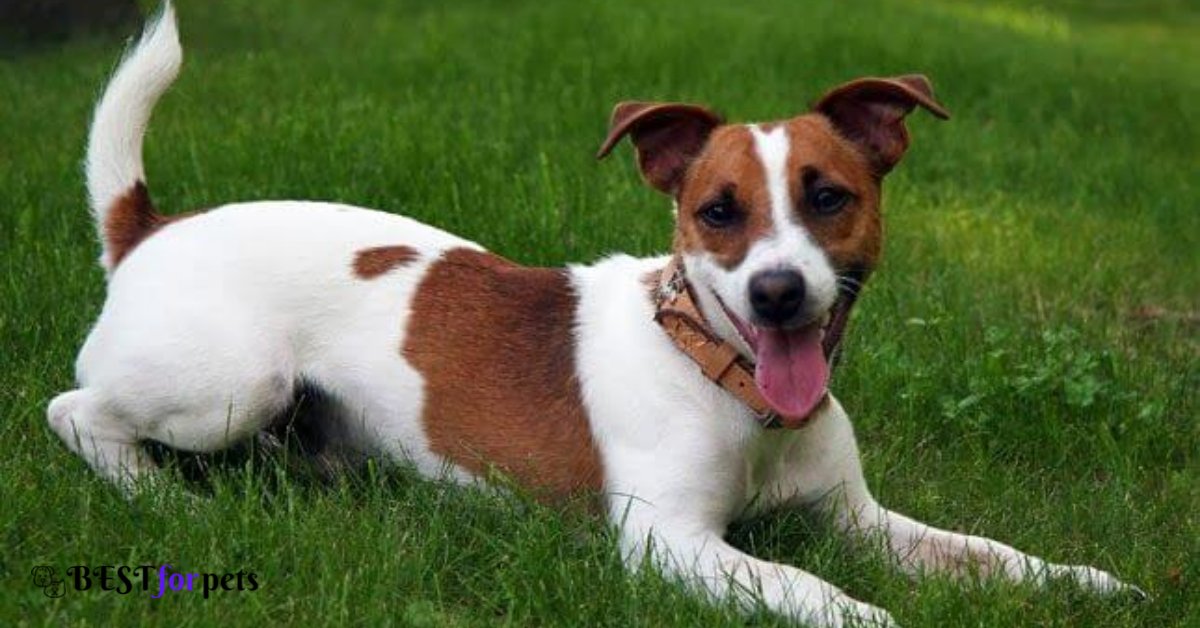

10. Yorkshire Terrier
Yorkshire Terriers, or Yorkies, are adorable and elegant toy breeds known for their long, silky coats and confident personalities. Despite their small size, Yorkies can be a bit challenging when it comes to housebreaking. Their independent nature and sometimes strong attachment to their owners can lead to accidents indoors when left alone. Additionally, their small bladders mean they may need more frequent potty breaks.
To successfully housebreak a Yorkshire Terrier, establish a consistent routine for outdoor potty breaks and use positive reinforcement methods. Yorkies respond well to rewards and praise when they exhibit the desired behavior.
Due to their long coats, some owners may choose to keep their hindquarters trimmed to avoid messes after eliminating. With patience, diligence, and a well-structured training approach, Yorkies can overcome their housebreaking challenges and become delightful, well-mannered companions.
Frequently Asked Questions
What is housebreaking?
Housebreaking, also known as toilet training or potty training, is the process of teaching a dog where and when it’s appropriate to eliminate waste, such as urinating and defecating.
When should I start housebreaking my puppy?
You should start housebreaking your puppy as early as possible, ideally when they are around 8 weeks old. However, the timing can vary depending on the puppy’s age and development.
How long does it take to housebreak a dog?
The time it takes to housebreak a dog can vary widely depending on the dog’s age, breed, temperament, and consistency in training. It can take anywhere from a few weeks to several months to fully housebreak a dog.
What are some common housebreaking methods?
Common housebreaking methods include crate training, establishing a consistent routine, using positive reinforcement (treats and praise), and closely supervising your dog. Some owners also use training pads or litter boxes for small dog breeds.
What are the signs that my dog needs to go outside?
Watch for signs such as sniffing, circling, whining, pacing, or suddenly becoming restless. These are often indicators that your dog needs to go potty.
What should I do if my dog has an accident indoors?
If your dog has an accident indoors, it’s important not to scold or punish them. Instead, clean up the mess immediately to remove any scent traces. Focus on preventing future accidents by maintaining a consistent schedule and offering more opportunities for outdoor potty breaks.

